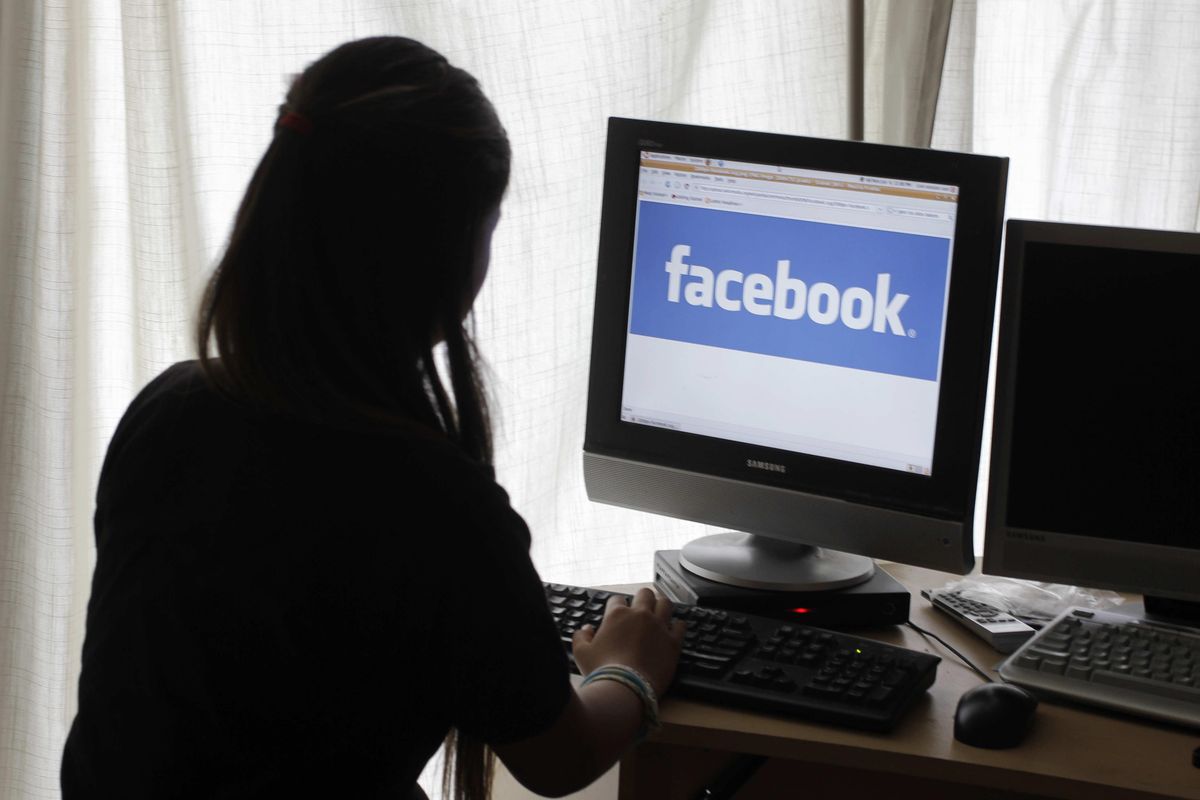Social media use can benefit teens – in moderation

OLYMPIA – If done in moderation, teens may benefit from social media use, behavioral health professionals told members of a House committee this week.
The link between behavioral health and social media use is very complicated, said Sarah Cavanagh, an associate professor of psychology at Assumption College in Worcester, Massachusetts. While there is no simple answer for parents who worry about their teen’s online presence, fear and isolation are not solutions, she said.
“Our best conversation to have would be around healthy habits and good digital citizenship, rather than panic and restriction,” Cavanagh told the Human Services and Early Learning Committee.
With real-world social spaces being removed, teens will take their sociality online in a new kind of public space, she said. This could actually benefit those who are thought to be most vulnerable, she said.
“Social media may lower the ‘cost of admission’ to social interaction for people who struggle in face-to-face, perhaps because of clinical depression or neurodiversity,” Cavanagh said.
Monica Anderson, a senior researcher at the Pew Research Center, shared a 2018 survey of teens 13 to 17 years old and their feelings about social media.
Out of the sample, 97 percent said they used one of seven popular social media platforms – Facebook, Twitter, Instagram, Snapchat, YouTube, Pinterest or WhatsApp.
The majority of respondents said they had positive feelings, agreeing that social media make them more connected, allow them to interact with a diverse group of people and make them feel like they have someone who would support them in a tough time.
About 7 in 10 teens said social media make them feel included and confident, compared to 1 in 4 who said they felt excluded and insecure.
Almost all teens reported they were on their phone constantly or several times a day, and half believed they spent too much time on their phones. Girls were somewhat more likely than boys to say they would feel anxious or lonely without their phones.
Dr. Larry Wissow, a psychiatry and behavioral medicine professional at Seattle Children’s Hospital, said social media are other vehicles for the growth typical during adolescence in which teens worry about cliques, appearances and social comparison.
It’s OK for parents to be wary of their children’s online presence and to monitor social media use like anything else they monitor, Wissow said. Parents should encourage learning and healthy interaction online, he said.
Each family has its own unique circumstances, he added.
“For a phenomenon that’s so widespread in a very, very diverse population, there’s not likely to be a single magic bullet answer,” Wissow said.
Tana Senn, D-Mercer Island, chairwoman of the House committee, said social media use is part of the larger conversation about behavioral health, although there is no pending legislation directly coming from the work session.